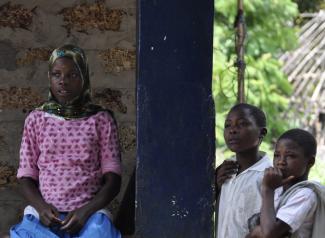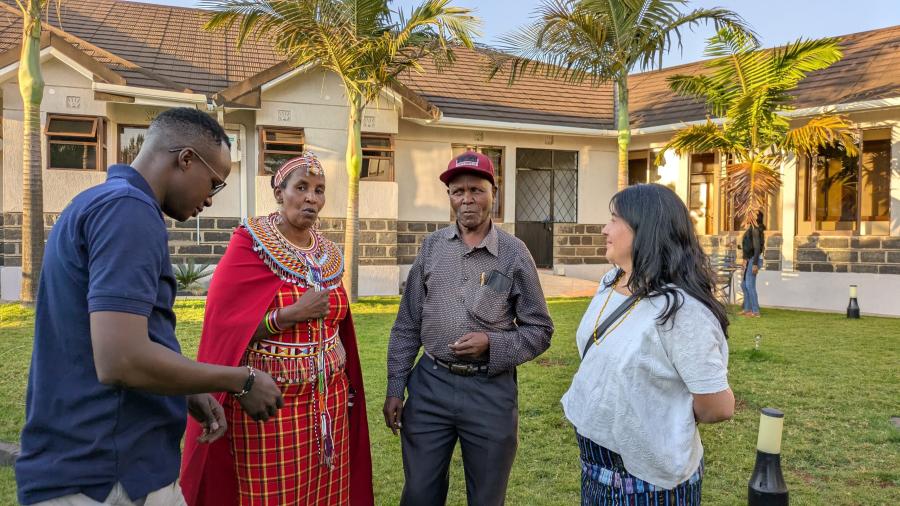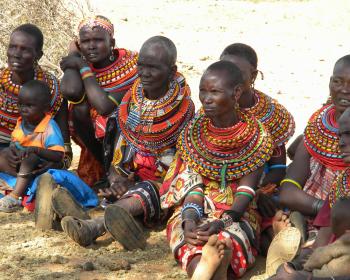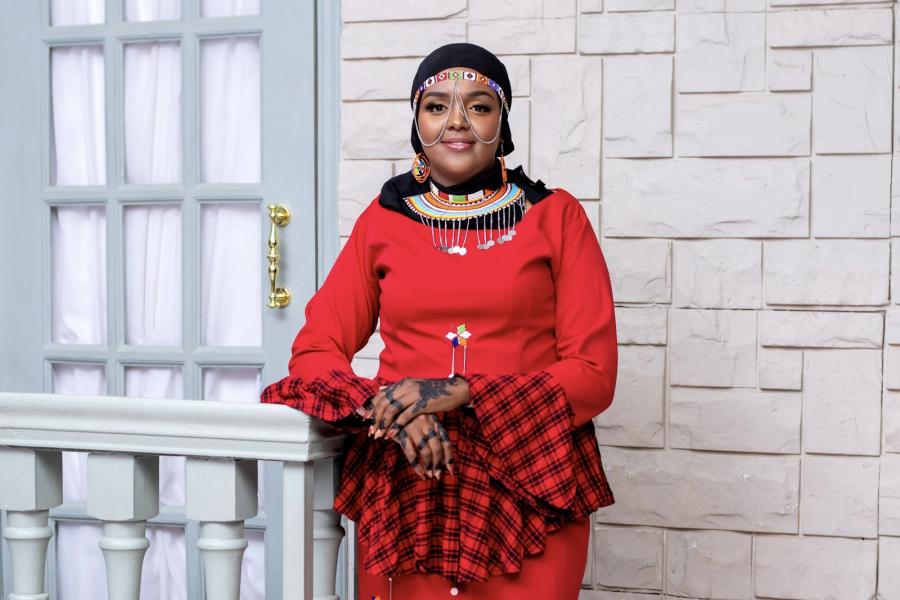
According to the UNESCO Red Book for Endangered Languages, Kisegeju, the tongue of East Africa’s coastal Indigenous Segeju people, has been classified as endangered or highly threatened. There is little concrete documentation about its status in terms of the number of speakers, their age ranges, and level of fluency, however. For the past eight years, Segeju scholar Yunus Rafiq, currently a PhD candidate in anthropology at Brown University, has been working alongside members of his clan, the Waboma of Mnyanjani, Chongoleani, and Mwambani in the Tanga region of Tanzania, to document crucial information about the customs and traditions of the Wasegeju residing there. Not formally trained in language documentation, Rafiq chose to work with his elders to collect some of the most extensive oral histories, kinship charts, and poetic corpus available from the Wasegeju of these areas. He recorded the material and returned the recordings to the respective communities to aid in preserving this knowledge.
Rafiq’s mission began in 2010, when during a visit to neighboring Kenya (where his people also call home), he says, “I was informed about a campaign against Segeju, to forcibly absorb them into a larger tribe called the Digo, which belongs to a federation of nine coastal tribes called Mijikenda.” Rafiq journeyed to one the villages impacted to meet with village elders to learn about their efforts to thwart the assimilation, as well as to introduce his own work among their mutual kin in Kenya. It was there that he encountered Athumani Kibada, one of the lead organizers of an effort to reach out to government entities such as the Museums of Kenya and give voice to the concerns of Segeju, who were united against the forced dissolution and absorption of their community. Since their initial connection, Rafiq and Kibada have worked together on a community-based project to record and document the Kisegeju language and traditions throughout the region.
Kibada, who is also a co-founder of Segeju Survival, explains that while his people do have “kinship and joking ties” with the Wadigo, the real problem presented by the campaign is its implication “to deny our unique identity as Wasegeju.” In a country like Kenya, where ethnic blocks and tribes directly influence and sway election politics, any official negation or denial of one’s own identification as a member of a collective grouping—or being observed and presumed thus— has grave political consequences.
For now, Rafiq and Kibada are working with Kibada’s community to document its traditions while developing a website to share and preserve this research. This is understood as a crucial factor in their cultural survival, as Segeju youth increasingly flock to cities like Mombasa for employment and what they dream will bring them to a better life. However, this mass urban relocation frequently severs their community connection, along with the transmission of important social and cultural knowledge and language. On his last visit there, Rafiq observed that many of the remaining community members could only speak words or fragmented phrases in Kisegeju. Some elders, he was told, are placing their hopes in their fellow Segeju in neighboring Tanzania to help with the revitalization of the Kisegeju language.
Meanwhile, Kibada and members of his Kenya-based community are reaching out to another Indigenous community, the Ogiek, that has suffered a similar fate. They hope to learn how the Ogiek succeeded in restoring their language in the face of its dominance by Kimaasai (the language of the Maasai people). Rafiq quotes an old Segeju proverb that illustrates the depth and foundation of his people’s struggle for their continuing existence: Msegeju ana ngombe na mimi na ngombe zangu namwambia tuchanganye hataki nami nakwenda zangu. “A Segeju has cows, I ask him to mix our herds, he declines. I part, heading my own way.”
—Cristina Verán is an international Indigenous Peoples’ issues specialist, research consultant, strategic planner, community liaison, and multi-media producer.



